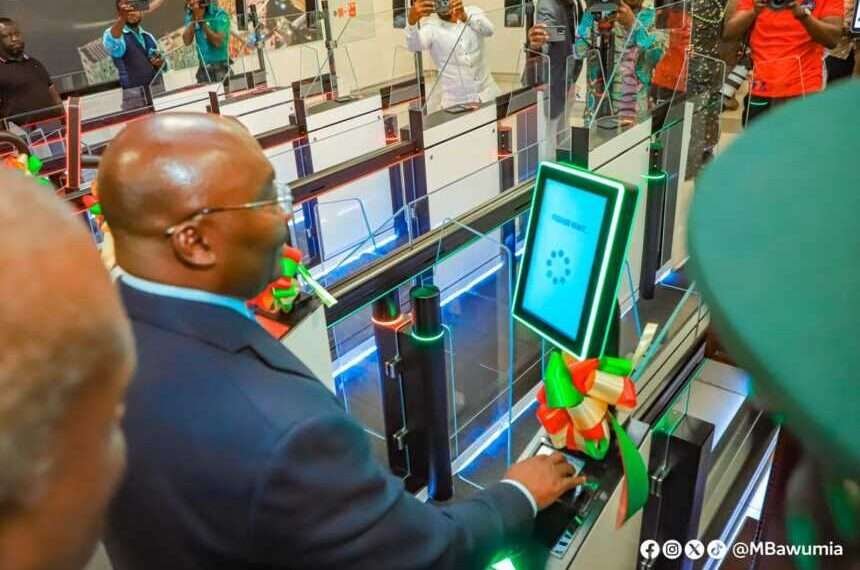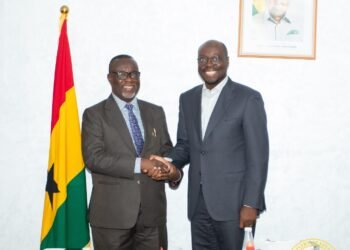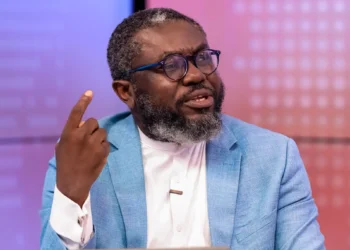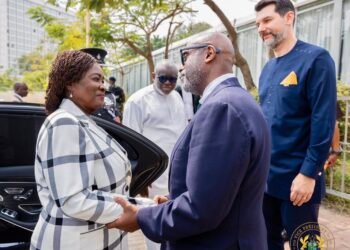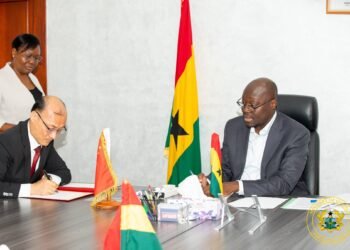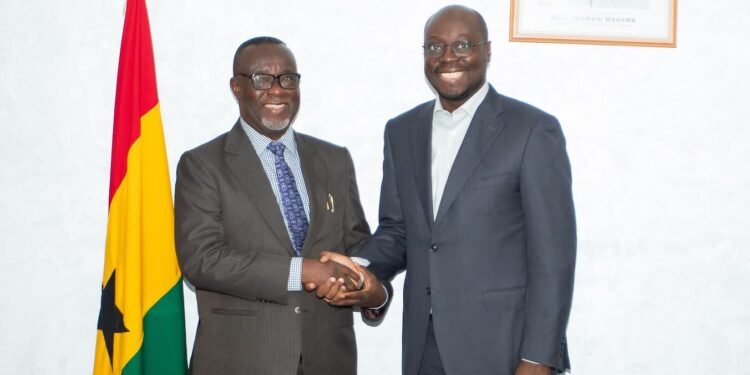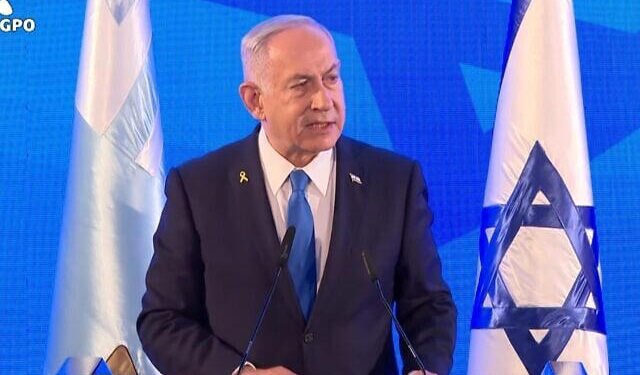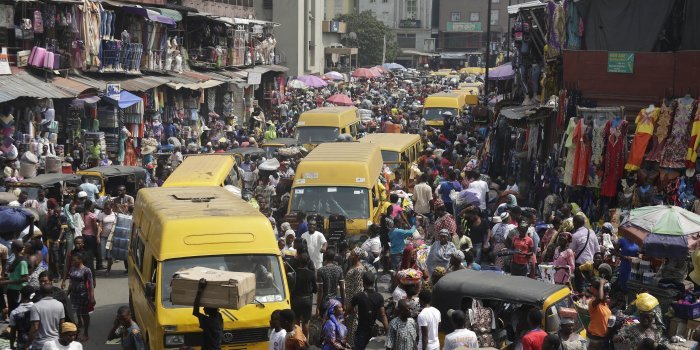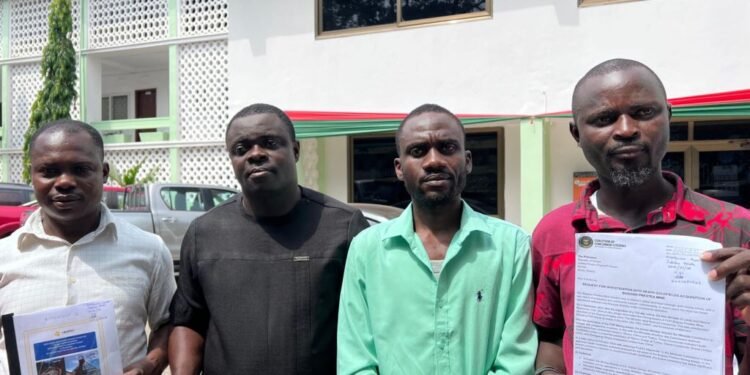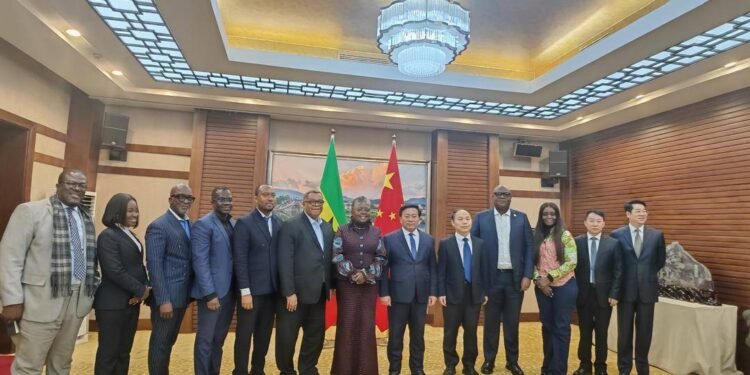The introduction of the e-gate system at Kotoka International Airport (KIA) has sparked widespread public criticism. Civil society activists and opposition figures decry the project as emblematic of state enchantment and fiscal irresponsibility.
Bright Simons, Honorary Vice President of IMANI Centre for Policy and Education, has been vocal in his denunciation of the project, citing it as indicative of governance systems seduced by grandeur at the expense of prudent decision-making.
His sentiments echo the outrage expressed by Hon. Kwame Governs Agbodza, MP for Adaklu and Minority Whip, whose recent remarks have added weight to the scrutiny.
According to Hon. Kwame Agbodza, the e-gate project at KIA was initially proposed at an astonishing $202.1 billion—a figure that dwarfs the $250 million total cost of constructing the airport itself.
“An e-gate in an airport that cost $250,000,000 was supposed to be done for $200,000,000. That amount was revised to $140,000,000, however, today, we are told it is still around $147,000,000. What will be the justification for this?”
Hon. Kwame Governs Agbodza, MP for Adaklu and Minority Whip
Hon. Kwame Agbodza expressed incredulity at the inflated pricing, questioning how a single e-gate system could be pegged so high relative to the cost of building the entire airport.
“This can be at the peak of create, loot, and share, and everybody is involved in this”, he queried, highlighting the glaring disparity between the project’s cost and its purported value.
The National Democratic Congress MP further alleged that the Ministry of Finance and the Ghana Immigration Service (GIS) were fast-tracking the activation of the e-gate system in partnership with a private entity under dubious terms.
The arrangement, he revealed, would allow the private entity to charge $5 per passenger, creating a steady revenue stream that raises concerns about profiteering at the expense of the public.
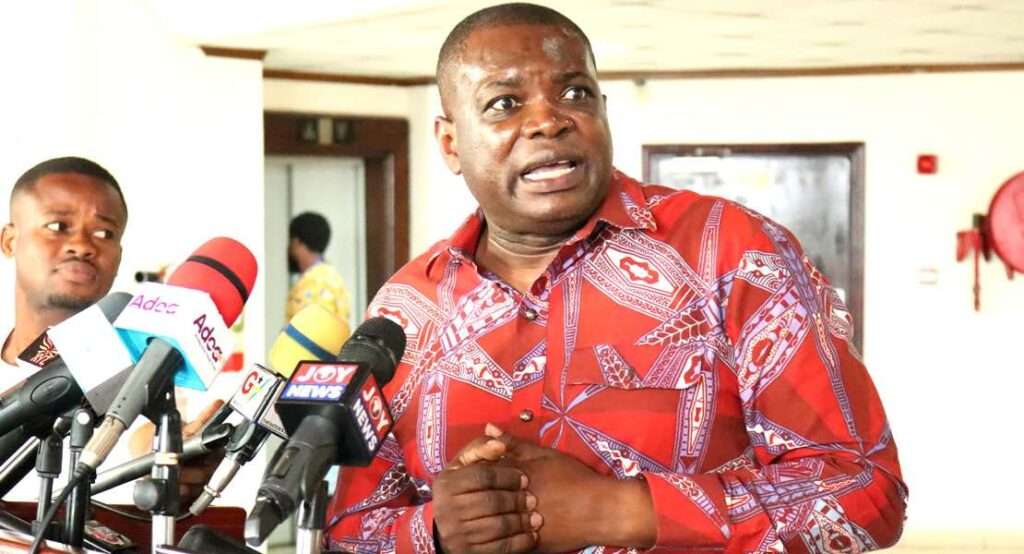
Civil Servants Warned
The Minority Whip delivered a stark warning to civil servants who might be complicit in expediting the deal.
“Every civil servant who is involved in a hasty decision to sign an agreement with this entity—be warned. When the political actors compelling you to do this are gone on January 7, 2025, you will be on your own.”
Hon. Kwame Governs Agbodza, MP for Adaklu and Minority Whip
Hon. Kwame Agbodza referenced attempts to open accounts at the Bank of Ghana to facilitate the project, calling out the GIS, the Ministry of Finance, and the Bank of Ghana for their roles in advancing the initiative.
He asserted that the venture not only violates parliamentary laws but also circumvents proper value-for-money (VFM) assessments.
This is not the first time the unnamed private entity has come under scrutiny. Hon. Kwame Agbodza pointed out its involvement in similar arrangements with other government institutions, including the Driver and Vehicle Licensing Authority (DVLA), Passport Office, and National Identification Authority.
These ventures, he argued, demonstrate a troubling pattern of securing lucrative contracts under questionable terms, raising red flags about governance practices in Ghana.
“This time around, it’s not going to happen,” Hon. Kwame Agbodza declared, reiterating the National Democratic Congress Caucus in Parliament’s resolve to oppose the deal and ensure accountability.
The e-gate controversy underscores broader issues of transparency, fiscal discipline, and governance. For many critics, it serves as a symbol of the systemic challenges that continue to undermine public trust in state institutions.
The project’s alleged inflated costs, expedited processes, and perceived lack of accountability calls for a thorough investigation and a halt to any agreements until due diligence is conducted.
READ ALSO: GSE Records Declines in Volume and Turnover Despite Market Gains

